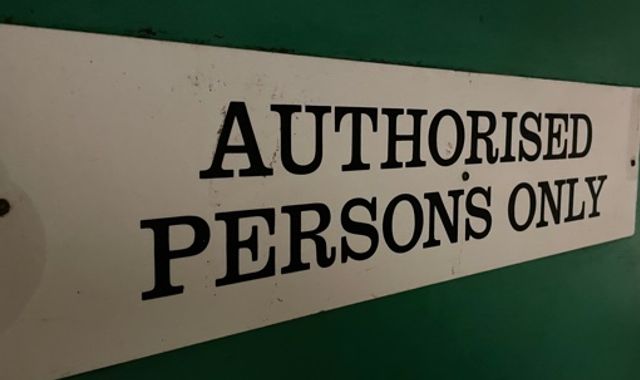Dead Russian Alexander Perepilichnyy’s possible UK spy links to stay secret
Written by News on 18/09/2018
Sensitive details of a Russian millionaire’s possible links to British spies before his death must be kept secret, a judge has said.


Alexander Perepilichnyy, 44, collapsed and died while out running near his St George’s Hill mansion in Weybridge, Surrey, in November 2012.
Police initially concluded he died of natural causes, but traces of a chemical present in Gelsemium elegans, a poisonous plant, were later discovered in his stomach.
Both MI5 and MI6 have been asked if they have any information relating to threats to Mr Perepilichnyy in the year before he died, as part of the inquest into the millionaire’s death.
Home Secretary Sajid Javid argued that disclosing the sensitive “material” at the inquest would compromise national security, and should therefore be kept secret.
Coroner Nicholas Hilliard QC heard Mr Javid’s public interest immunity (PII) application in private in June, and has now ruled that the material is not needed to help him determine how Mr Perepilichnyy died.
Mr Hilliard is examining whether the married father-of-two was poisoned or died naturally.
Prior to his death, Mr Perepilichnyy, who moved to the UK in 2009, was working alongside Bill Browder, the chief executive of Hermitage Capital investment, to expose a $230m money-laundering scheme by corrupt Russian government officials.
A lawyer representing Mr Perepilichnyy’s life insurers, Legal and General, told the Old Bailey that the businessman’s possible links to the British intelligence services could have put him in “special danger”, and led to him being “rubbed out”.
Bob Moxon Browne QC said the poisoning of former double agent Sergei Skripal and his daughter, Yulia, in Salisbury, in March, was evidence of “the lengths to which the Russian state are prepared to go to make an example or punish people perceived as enemies, traitors or turncoats”.
He argued in court that the usual rule of neither confirming or denying a person’s contact with security services should be abandoned in Mr Perepilichnyy’s case.
He added that Alexander Litvinenko’s links to British intelligence services were made public after he was fatally poisoned.
If the same applied to Mr Perepilichnyy, he said, it would be “very powerful evidence indeed that he might have been in special danger from those who wish him ill because of the perception he was a traitor or a turncoat or enemy of Russia”.
The inquest continues.
(c) Sky News 2018: Dead Russian Alexander Perepilichnyy’s possible UK spy links to stay secret







